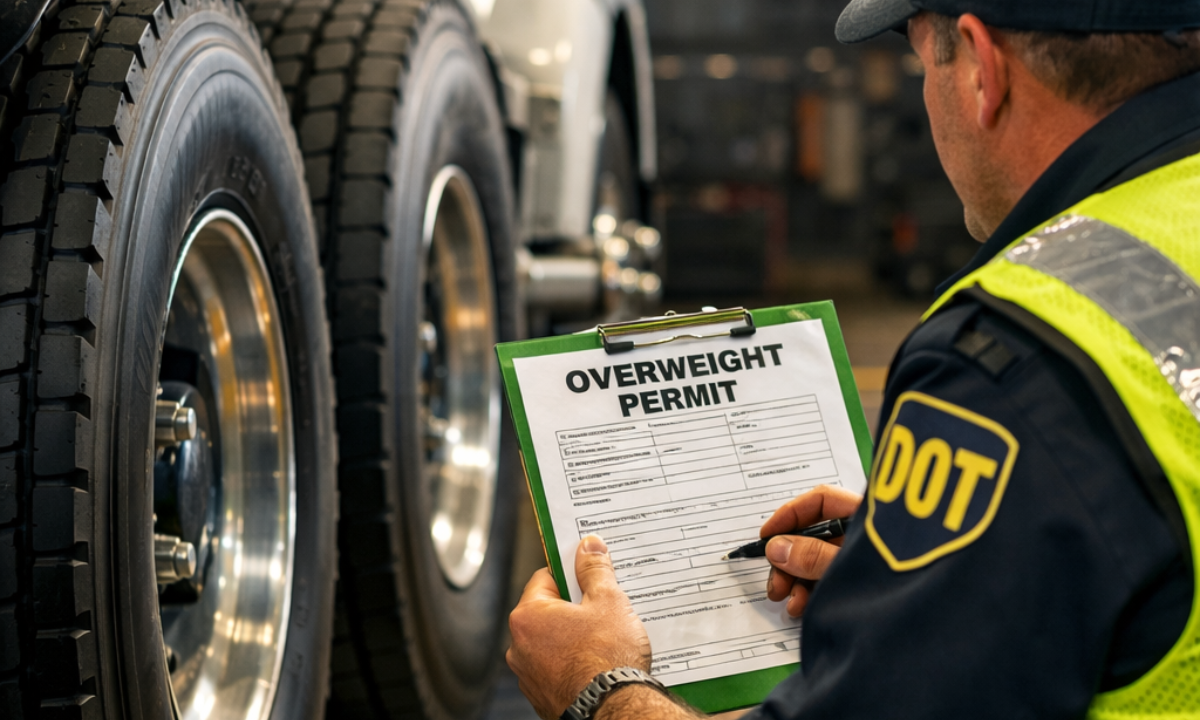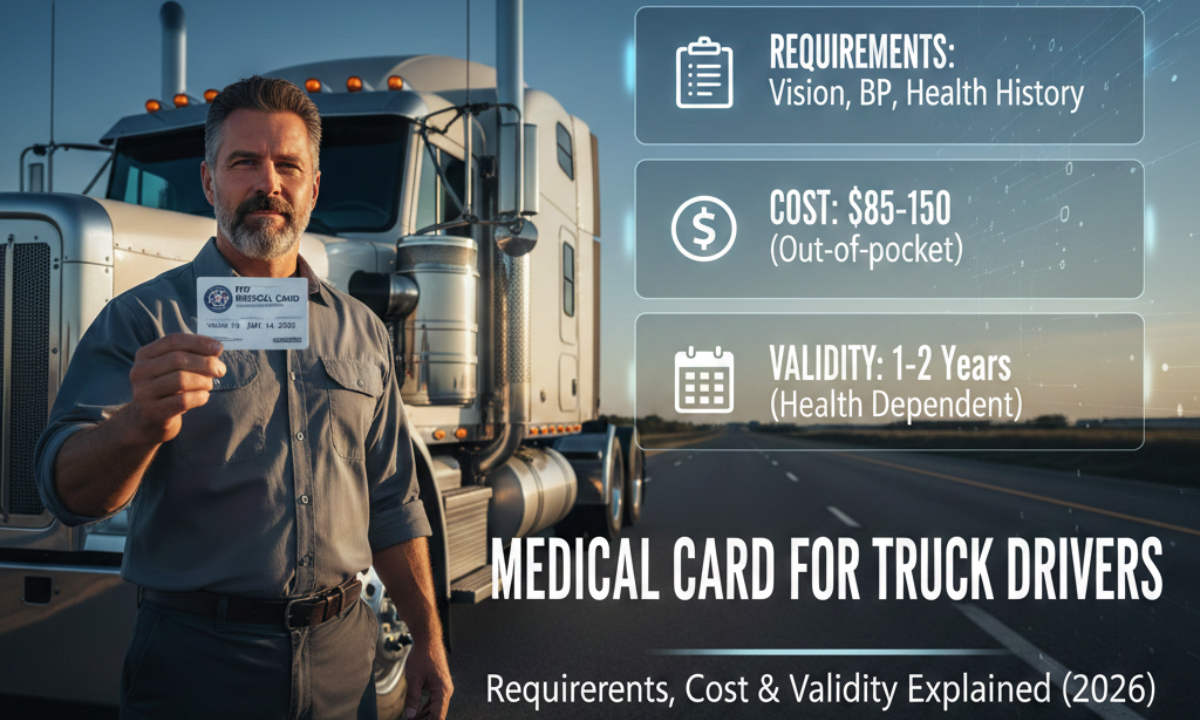Trucker’s Diet: Eating Healthy on the Go
Trucker’s Diet: Fit Food on the Road
A road-fitting trucker diet is essential for sustained energy, enhanced focus, and driver well-being. Long hours, bad food, and irregular schedules make it more difficult—but not impossible. With a little planning and smart choices, drivers can nourish their bodies with good food without sacrificing convenience or time.
Plan Ahead to Steer Clear of Fast Food Traps
Meal preparation is the secret to healthy eating. Pre-cooked meals refrigerated in containers at truck stops eliminate the ultra-processed food temptation. Grilled chicken, quinoa or brown rice, and broccoli are the lean proteins, complex carbohydrates, and high-fiber vegetables, respectively, that provide long-lasting energy for extended driving.
Smart Snacks for Sustained Energy
Keeping healthy snacks in the truck avoids blood sugar drops and out-of-control fast food stops. Try keeping some of the following on hand: unsalted almonds, Greek yogurt, string cheese, carrot sticks and hummus, and low-sodium jerky. These are good protein, healthy fat, and essential micronutrient sources.
Hydration: The Forgotten Fuel Source
Hydration makes the mind more alert and reduces fatigue. Drivers should consume much water rather than energy drinks or sweetened colas. Keep a refillable container in the cab and add natural fruit flavor to water when plain water is too dull.
Healthy Eating Choices on the Road
When eating at restaurants or diners, choose menu items with grilled protein, steamed vegetables, and whole grain sides. Steer clear of fried foods, additional sauces, and refined carbohydrates. Ordering dressings or condiments on the side will largely minimize hidden sodium and calorie consumption.
Portion Control Techniques
Overeating is a widespread problem while traveling. Eat slowly, use smaller bowls, and don’t eat in the truck or while driving distracted. Mindful eating enhances digestion and becomes more aware of hunger signals. Pre-measured meals are a good means of controlling calorie consumption in an effective manner.
Portable Cooking Equipment for On-the-Go Nutrition
Most truckers carry 12V slow cookers, mini rice cookers, or hand blenders to make healthy foods on the road. The appliances help cook nutritious meals in the absence of a full kitchen. Easy recipes such as oatmeal with nuts, chili, or smoothies can be prepared while in transit.
Balanced Macronutrients for Driver Performance
Aim for a balance of protein, carbohydrates, and healthy fats with every meal. This combination stabilizes blood sugar and furnishes long-term energy. Avoid relying on energy bars and the like that send blood sugar skyrocketing then plunging. Natural foods offer sustained.
Getting a Handle on Cravings and Emotional Eating
Hours of driving can induce boredom-based eating. To prevent emotional eating, drivers should plan meals, keep taking breaks that have nothing to do with food, and keep the cab fully equipped with healthy food items only. Listening to audiobooks or podcasts distracts from unnecessary snacking.
Supplementation for Nutritional Gaps
Due to the unpredictable schedules and access to food, truckers can also appreciate daily multivitamins, omega-3 caps, and vitamin D supplements. These ensure that all gaps in nutrition from fast foods are met while fostering immune system function, heart health, and mental clarity.
Establishing a Sustainable Healthy Routine
Healthy eating is not a quick fix—it’s about creating habits that stick. Planning frequent grocery visits, maintaining a road-friendly meal planner, and using smaller coolers or truck refrigerators all help to make healthy eating a way of life on the road.
Final Thoughts
A successful trucker diet finds equilibrium between convenience and health. By focusing on whole foods, water intake, portion control, and smart prep, drivers can power their long-haul excursions with enhanced energy, attentiveness, and sustained health longevity. A well trucker is an efficient and safer driver.












